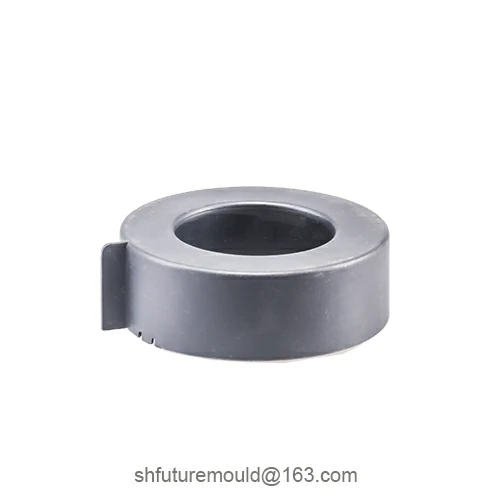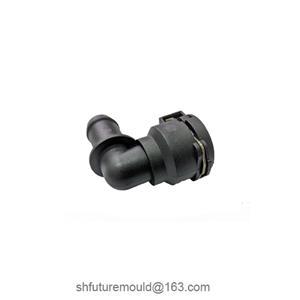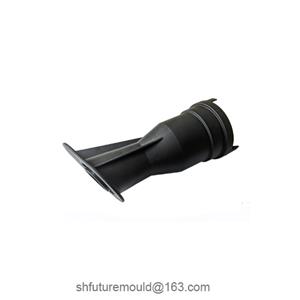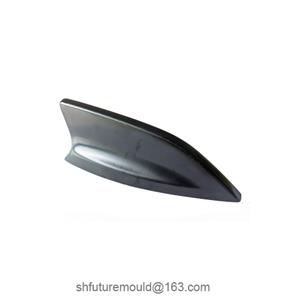The Function of CNC in Injection Mold Processing
CNC technology not only enhances machining precision and production efficiency in injection mold manufacturing but also provides greater design flexibility and consistent quality assurance.
In injection mold processing, Computer Numerical Control (CNC) machines play a pivotal role, primarily reflected in the following aspects:
1. High-Precision Machining
CNC enables precise control over tool paths and machining parameters, achieving ultra-accurate fabrication of mold components. This ensures dimensional accuracy and geometric tolerances strictly adhere to design specifications.
2. Enhanced Processing Efficiency
Automated CNC operations significantly reduce cycle times and minimize manual intervention, boosting productivity. This streamlined workflow supports rapid response to evolving market demands.
3. Superior Repeatability and Consistency
Program-driven CNC systems replicate identical machining processes flawlessly, guaranteeing uniform quality and precision across mass-produced molds.
4. Complex Shape Machining
CNC machines excel at manufacturing intricate curved surfaces and microstructures, meeting modern injection molds' requirements for sophisticated geometries and refined detail processing. This capability expands design possibilities for complex molds.
5. Digital Management and Optimization
Digitized manufacturing workflows facilitate seamless data recording and analysis, empowering process engineers to refine machining parameters and optimize production strategies for higher quality.
- Injection Mold
- Automotive Injection Mold
- Electronics & Electrical Injection Mold
- Consumer Goods Injection Mold
- Airplane Components Injection Mold
- Medical Components Injection Mold
- Irrigation Components Injection Mold
- Injection Molds




